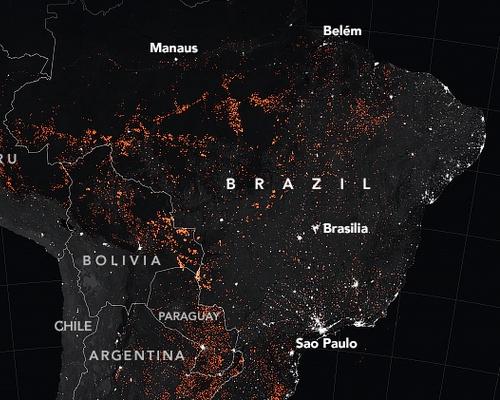What national climate institutions are needed to meet the goals of the Paris Agreement? In a new paper in Environmental Politics, CSSN Scholar Kathryn Hochstetler analyzes climate institutions in Brazil, and shows how a broad definition of climate institutions is needed to understand important national climate dynamics.
Abstract:
What kinds of national climate institutions can solve the governance challenges that the Paris Agreement devolves to them? This article identifies three stages of climate institutions in Brazil, a major emitter of greenhouse gases through deforestation that managed to reduce such emissions for nearly a decade. It shows that a narrow definition of climate institutions that seeks purpose-built state institutions fails to capture important dynamics there, and that such institutions have little direct impact on outcomes. In Brazil’s political landscape, national presidents exercise a decisive influence on their climate ambitions and capacities. However, positive and negative feedback loops also brought some effective climate action from the layering of climate purposes into existing institutions, as well as through non-traditional institutions like private governance arrangements for agriculture.



